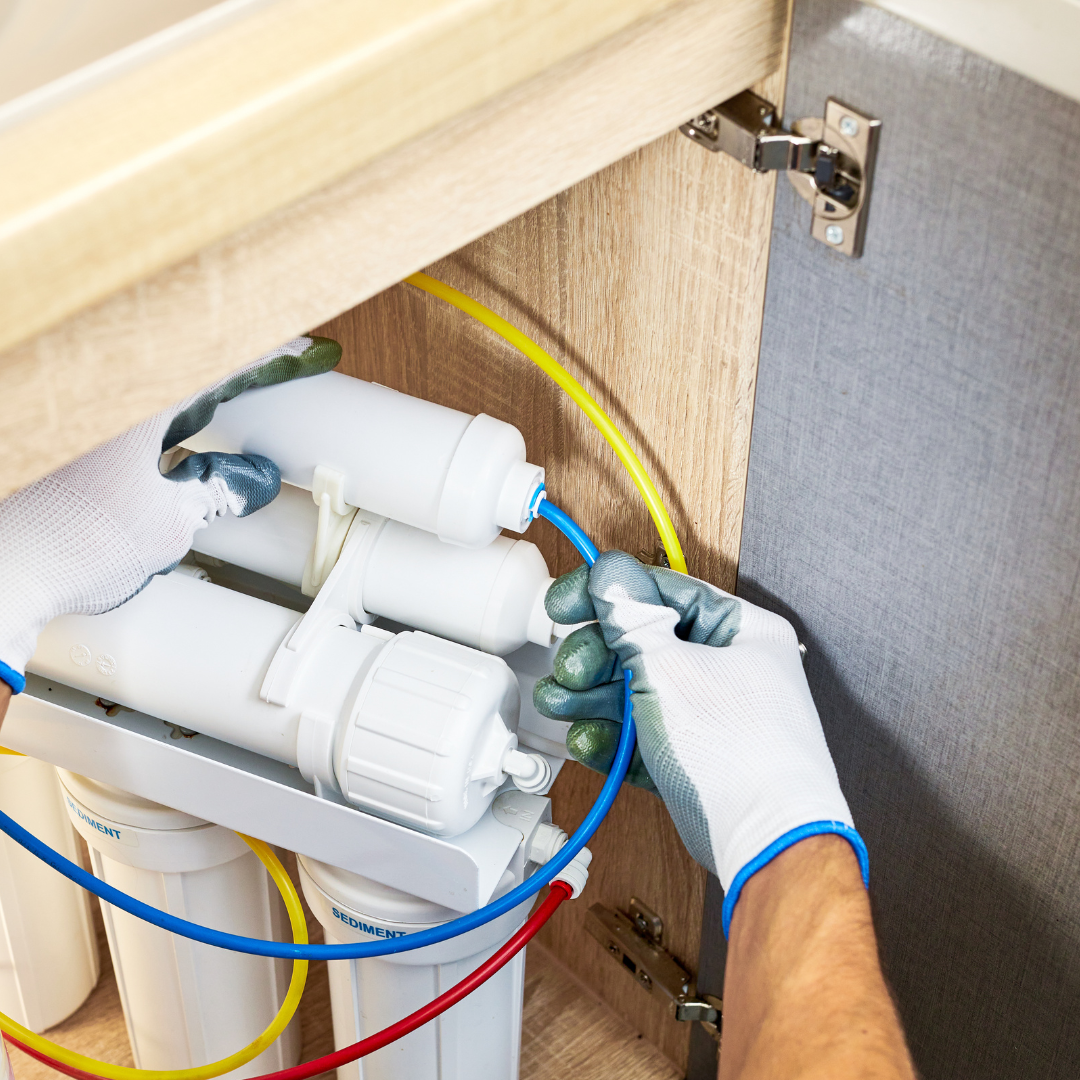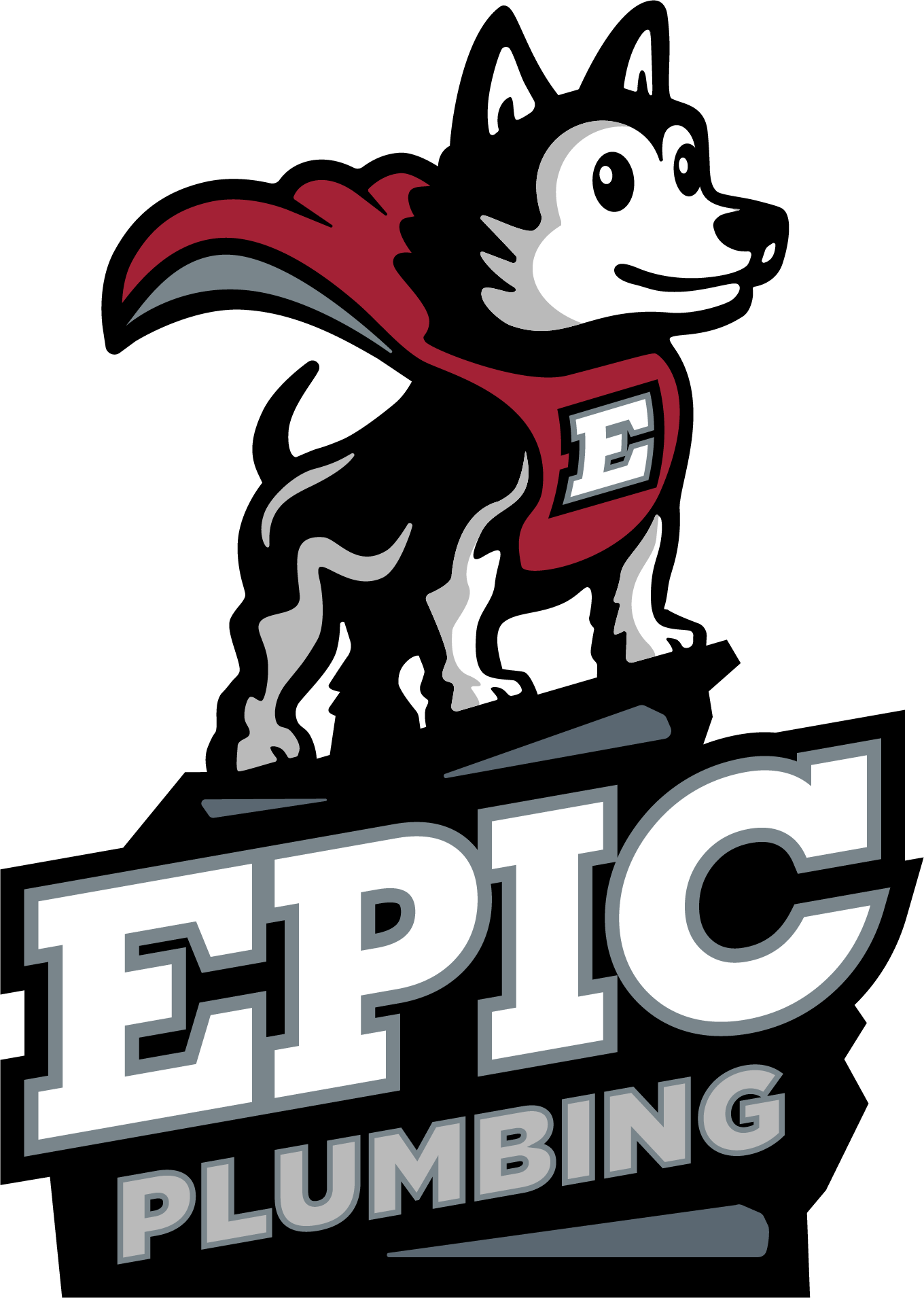
FRIENDSWOOD WATER TREATMENT SYSTEM INSTALLATION
Home Water Treatment & Purification Systems
Water treatment is the process of removing impurities from water to make it safe for human consumption and other uses. Water treatment may also be used to improve the taste and appearance of water.
The most common types of water treatment systems include reverse osmosis, ultraviolet light, activated carbon, and ion exchange. Each type of system is designed to remove specific impurities from water.
MEET THE TEAM
-
OWNERDenesse has been with Epic since the beginning. She founded the business along with Todd in 1996.
-
GENERAL MANAGERBryant has been with Epic since 2012. He started working in the family business in high school and returned after graduating from The University of Alabama in 2016.
Why is Hard Water Bad?
Scale: Scale is a film that develops on your plumbing appliances as the minerals are precipitated out of the water. The scale will build up on your water heater, faucets, pipes, fixtures and more. This substance can be dangerous because it damages and corrodes these appliances, requiring replacement earlier than expected.
Cleaning: When hard water comes into contact with soap it creates a grimy film that becomes difficult to clean off. Soap also has trouble lathering in hard water, which means your dishes and clothes will never truly feel clean.
Water softener installations are important to many homeowners because of the damage that hard water can do to your home.
There are two main issues that cause the most problems:
Signs you Need a Water Softener
If you experience any of the following issues in your home, you may benefit from professional Pearland water softener services:
Bad smelling and tasting water
Yellow stains on your clothes coming out of the laundry
Difficulty lathering soap
Scale build-up on your fixtures and appliances
TYPES OF WATER TREATMENT SYSTEMS
Reverse osmosis is a process that uses pressure to force water through a semi-permeable membrane that removes impurities.
Ultraviolet light is used to kill bacteria and other pathogens in water. The ultraviolet light creates free radicals that destroy bacteria and other pathogens.
Activated carbon is a process that uses carbon to remove chemicals, odors, and other impurities. The carbon binds to impurities and is then removed from the water.
Ion exchange is a process that uses chemicals to remove specific minerals from water. The water is passed through a resin that attracts certain minerals and then exchanges them for other minerals.
Benefits of Home Water Treatment
There are many benefits to residential water treatment systems. Water treatment can improve the taste and appearance of water, making it more appealing for drinking, cooking, and bathing. Water treatment may also improve the health of people who drink or bathe in water that is contaminated with bacteria or other impurities.
Call Epic Plumbing for Water Filtration & Purification System Installs in Friendswood
If you are interested in water treatment for your home, call Epic Plumbing at (281) 815-2322 to request a consultation with a qualified plumber.
Water Softener FAQs
-
No, water softeners and water purification systems serve different purposes. Water softeners are designed to remove minerals like calcium and magnesium from the water, while water purification systems are meant to remove contaminants, chemicals, and impurities from the water.
-
The frequency of maintenance for water softeners can vary depending on the system and water quality. Generally, it is recommended to have a professional inspect and service the water softener at least once a year to ensure optimal performance.
-
Yes, a water softener can help improve the taste and odor of water by removing minerals that can contribute to a metallic or sulfur-like taste and smell. However, for addressing specific taste and odor issues, additional water filtration systems may be recommended.
-
Water softeners do require a regeneration process which involves flushing out the trapped minerals with a brine solution. This process can result in some water wastage, but newer models are designed to be more water-efficient.
-
Some benefits of installing a water softener system include extending the lifespan of plumbing fixtures and appliances, reducing soap scum and scale buildup, improving the effectiveness of soaps and detergents, and overall better water quality for household use.




